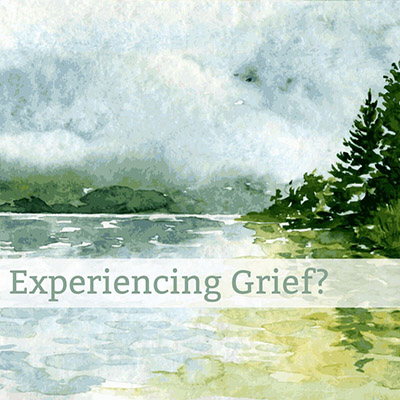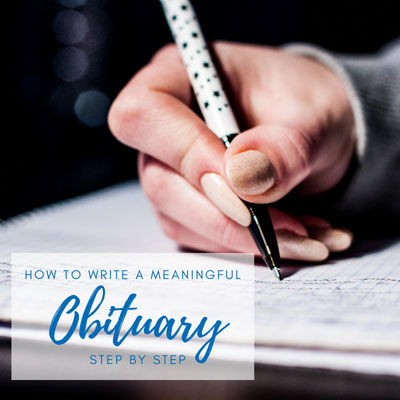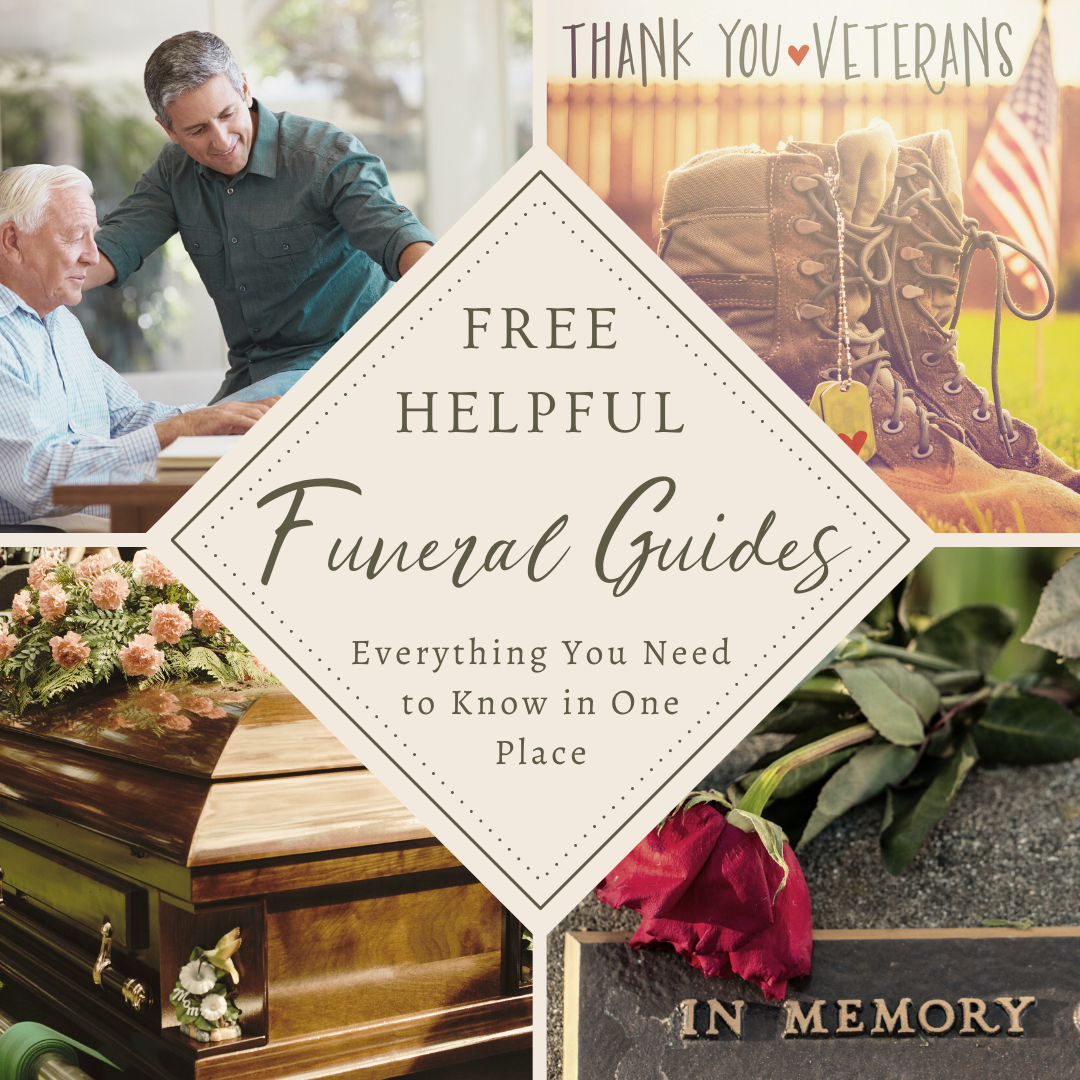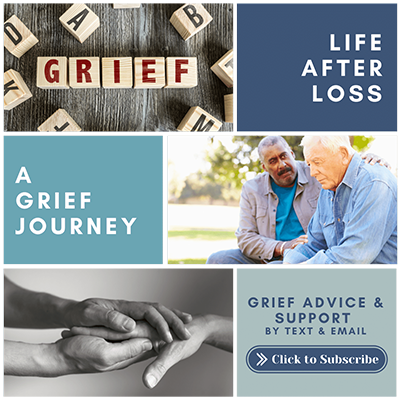Here are some things to expect in the second year of your grief journey.

Our society tends to place a lot of emphasis on the "firsts” associated with grief. The first holidays without your loved one, the first birthday they aren’t present for, the first vacation you take without your loved one, and so on. It can almost feel like, after that first year is over, you should be healed and ready to return to life as if everything is back to normal.
However, those who are in the middle of their own grief journey will quickly realize that this isn’t the case. Grief has no timetable; it takes as long as it takes for your healing to start. And even once you start to heal, you will continue to have times when your grief hits you fast and hard for a long time – perhaps for years. Just because you have overcome the hurdles of the first year, there is no guarantee that this will make it any easier to accept your loss. Know that it is completely normal to continue to feel grief from your loss in your second year.
Here are some things to expect in the second year of your grief journey.
Your New Identity
By now, you have been living with your new identity for some time. You may be more acutely aware of how your world has changed from the before to the present. You may also be more mindful of how you yourself have changed.
Continuing Sadness
Even though you have encountered many milestones, your grief does not just end at that one-year mark. In fact, certain holidays and moments may be surprisingly more difficult the second time around. You may have had a lot of support around you the first time and now it can feel like others have moved on and you are alone in your grief and longing.
Set Realistic Expectations
What happens when you go to a movie or on a vacation, expecting it to be wonderful, and it turns out it’s terrible? You probably feel very let down. In fact, you probably feel even more let down if you hadn’t expected it to be so good. The same thing can happen with the second year of grief. This is why it’s important to set realistic expectations for yourself. Don’t compare yourself or your grief to others who have had a loss.
Continue to Reach Out
If you need support, ask for it. It’s not likely that your friends and family have forgotten your loss, or even that think you should be "over it.” It’s more likely that they don’t know how you are feeling and simply don’t know what type of support you need. Instead, tell friends and family how you are feeling. If you know an upcoming holiday or milestone is going to be a tough time, ask for extra help. Chances are most people will be more than happy to be there for you.
Seek Outside Support if Necessary
If you find yourself feeling depressed or too sad to do things you used to enjoy, or if you feel like you are alone and have no one to talk to about your grief, consider joining a grief support group or getting some grief counseling. Some guidance from an outside person or group can sometimes be very helpful.
Remember That Healing Does NOT Equal Forgetting
Love endures even after death. Your loved one is still, and will always be, a major part of your life and your identity. Just because you may be starting to heal does not mean in any way that you are forgetting your loved one or their legacy. If you want to do something concrete to help keep your loved one’s memory alive, consider making something like a memory box or a photo album. Or come up with a special tribute to go along with holidays or milestones such as reading a poem, lighting a candle, or visiting their gravesite.
Though your journey isn't ending, know that you can and will continue to heal and grow as time goes on. Continue to reach out when you need support and give yourself permission to live fully.



